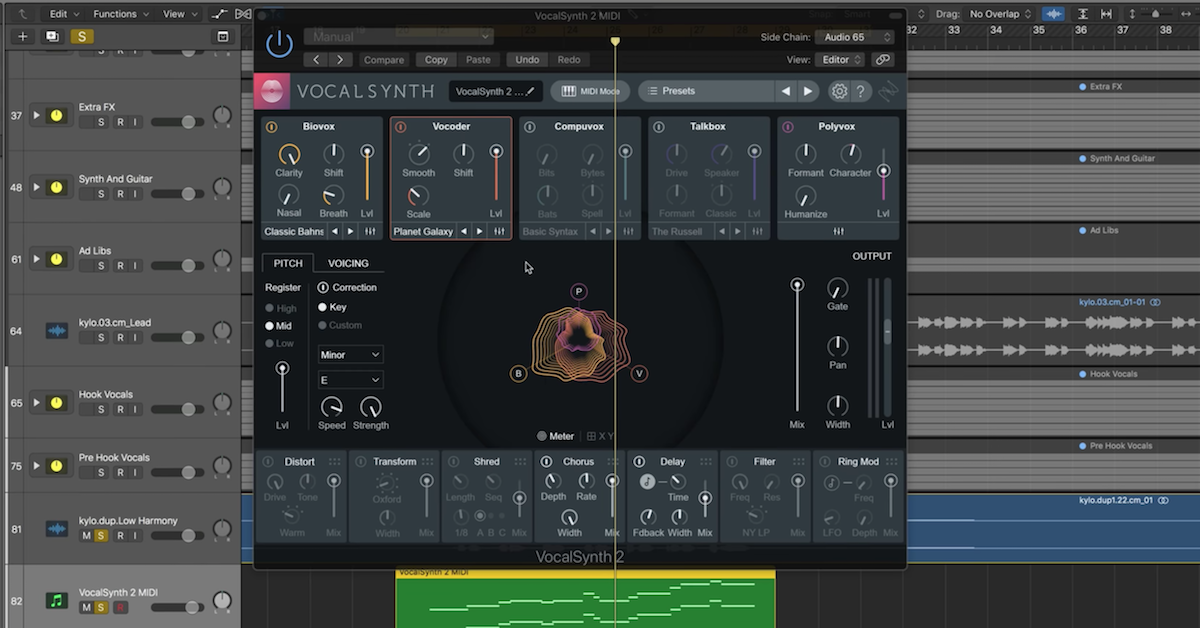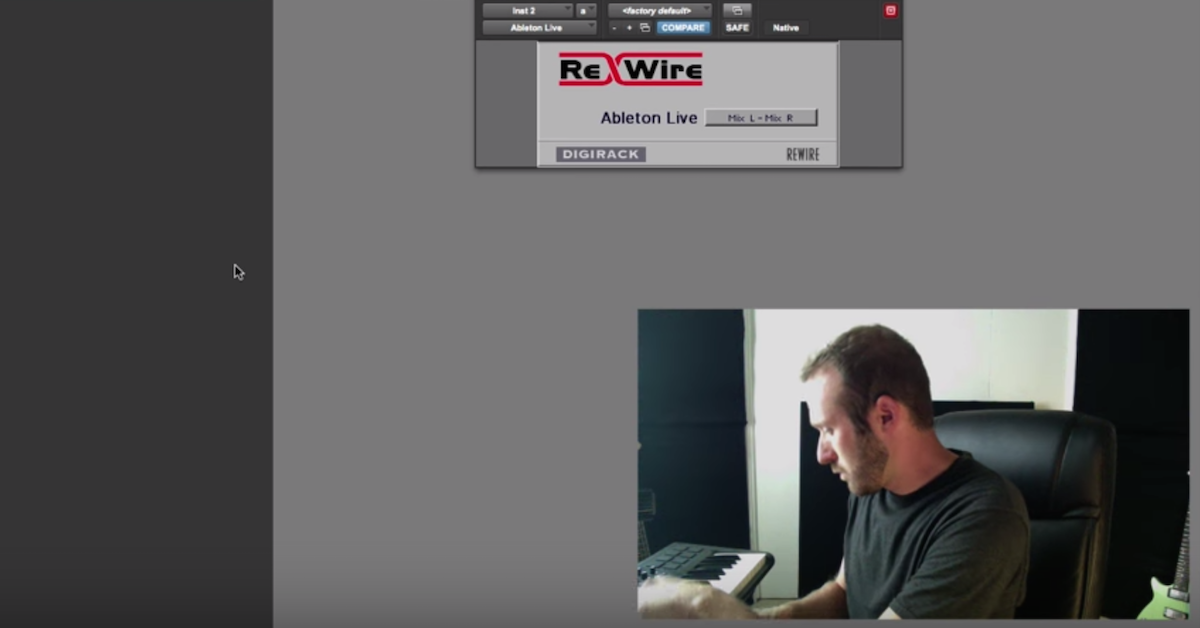How to Write a Great Song without Your Instrument or Ego Getting in the Way
Article Content
If you’re the type of producer that knows how to play a real instrument or uses one during production, I have a challenge for you.
I want you to create an arrangement without ever touching an instrument. I want to you rely entirely on your imagination.
The idea is to remove any kind of habitual playing or conscious “musical” decisions. We’re especially trying to eliminate prejudice.
Red Carpet Blues
Let me explain a little more. Our creative brains are far less critical than our conscious minds. When we’re creating, we don’t care where or how it’s played. We imagine things that sound good to us.
Often when we pick up our instruments, ego starts to get involved. There goes ego acting like a snotty maître d at an overrated restaurant.
Before you picked up your instrument, you cared nothing about the complexity. When you begin to play, your conscious mind tries to take over and steer the ship. Yeah, a real bossy know-it-all that likes to ruin everyone’s fun. Buzzkill!
You know who’s not getting invited to this years holiday party?
Nobody likes “the man” looking over your shoulder. Let’s discuss how we can stick it to the man …
Escape to the Royal Wood
When you don’t listen to your conscious mind, you rely on taste.
Contrary to what you may have been told, you don’t need to justify anything you imagine or hear.
Nothing needs to be “right” or “correct”. It just needs to be something you like. Ahhh, it feels good to be free.
Your creative mind knows no limitations.
Letting go isn’t easy though. It requires trust in yourself. It requires that you respect your own creativity.
Remember, our instruments are only the vessel to deliver our ideas. The ideas are what counts. The technique is only there to facilitate the ideas. That’s your mantra.
Hidden Cities
Wasn’t there an exercise that was supposed to happen. I’m sorry, my “creative mind” got carried away. Or was it my ADD … Hmmm, I’ll let you decide.
In order to participate, you’ll need a recorder of some kind. Nothing fancy. The more complicated it gets, the less responsive you’ll be when ideas start flowing. It’s for this reason I like the voice recorder app on the iPhone.
There are also some cool, simple multitrack apps for iPad and iPhone.
Microphones require setting up. DAW’s require routing and creating tracks. Keep it simple. You just want to record your ideas as quickly as possible.
Keep on Wondering
How are you supposed to play something you don’t hear? Some producers and musicians get it backward. The creativity fuels the instrument, not the other way around.
Do something to stir up your creativity. Take a walk, watch a movie, light some candles (don’t burn down the house genius!)
The Exercise
Listen to the basic track of the song you’re working on. Just the vocal and main instrument. Obviously, you should do this before you add other tracks. Cause, ya’ know… the point is to imagine the other parts!
As the song is playing, grab the iRecorder and sing the parts you hear. Vocalize a drum part. Vocalize a bass part. Vocalize guitars, synth, etc.
Make a new recording for each part. Don’t just do a few bars either. Record the whole song. Trust your creativity and go with it. Sing a drum fill you hear when you hear it.
The Consult At Sunset
Once you’re done, you’ll have some homework. It will be like learning a new song. You’ll have to transcribe all the parts.
Don’t be lazy about it either. Write out all the gritty details.
I’m betting you’ll be quite surprised as you’re learning your own parts. You’ll find that you heard things outside your usual comfort zone.
The parts will be void of habitual playing. You’ll also be surprised about how well the parts fit together.
Something To Live For
It may take you some time to get used to this method. Your biggest obstacle will be letting go.
The more you practice this production meditation, the more relaxed you’ll get.
Don’t get all self-conscious about your voice sounding bad. You’re not auditioning for a dream gig. It doesn’t matter what it sounds like. Only that you get your ideas out.
Rope Ladder To The Moon
You might not keep everything in the end. But, ideas will flow more frequently and you’ll feel less stale.
Try to do this once a day.
You can even sing imaginary parts on top of songs you love for practice. What would you add to the track? Sing, record and grab your instrument.





